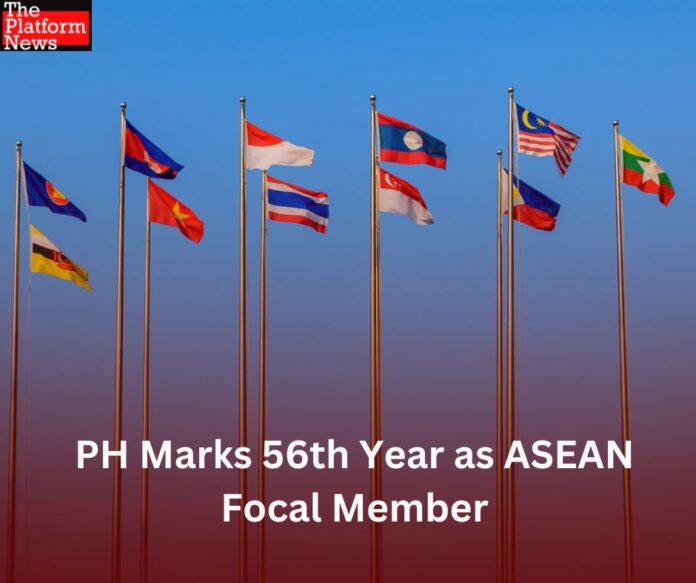2024 marks the 56th anniversary of the founding of the Association of Southeast Asian Nations (ASEAN), an organization that has played a vital role in fostering regional cooperation in Southeast Asia.
From the outset, the Philippines has been a key player in helping the organization shape its policies and direction. This began with the signing of the Bangkok Declaration on August 8, 1967, at the Department of Foreign Affairs building in Bangkok, Thailand. As a founding member alongside Indonesia, Malaysia, Singapore and Thailand, the Philippines recognized the urgent need for regional stability and cooperation amid the Cold War tensions and the threat of communism.
Before ASEAN’s formation, the Philippines had participated in earlier regional initiatives such as the Association of Southeast Asia (ASA) and MAPHILINDO, a proposed confederation between Malaysia, the Philippines and Indonesia.
Unfortunately, both assemblies were unsuccessful in their efforts to foster regional cooperation.
The founding of the ASEAN came with different results as the Philippines became an instrumental member in ensuring that the organization would focus on economic collaboration and peaceful coexistence.
The country also played a significant role in integrating new member states into the organization: Brunei joined ASEAN in 1984, followed by Vietnam in 1995, Laos and Myanmar in 1997 and Cambodia in 1999. It actively supported the inclusion of these countries, understanding that a more inclusive ASEAN would lead to greater regional stability.
The Philippines’ diplomatic efforts helped to ease the integration of these new members, ensuring that ASEAN could function as a cohesive regional bloc despite the diversity of its members.
In addition, the country has been at the forefront of pushing for key agreements within ASEAN that have significantly impacted the region. One notable contribution was the support for the ASEAN Free Trade Area (AFTA). Established in 1992, the Philippines saw AFTA as an essential development for boosting economic ties among member states.
The Philippines was also a strong advocate for the ASEAN Charter, which came into force in 2008. The charter provided ASEAN with a legal framework and greater institutional coherence, a move that the Philippines believed would enhance the organization’s effectiveness in dealing with regional and global challenges.
As ASEAN faced new challenges in the early 2000s, the Philippines took a leading role in addressing issues such as terrorism and territorial disputes. The South China Sea, a critical area for the Philippines, became a focal point of its ASEAN diplomacy.
The Philippines was instrumental in promoting the Declaration on the Conduct of Parties in the South China Sea (DOC) and has consistently pushed for the adoption of a binding Code of Conduct (COC) to peacefully manage disputes.
These efforts reflect the Philippines’ commitment to ensuring that ASEAN remains a force for peace and stability in the region.
Today, ASEAN remains to be a cornerstone of the Philippines’ foreign policy. It continues to be an active participant in ASEAN-led initiatives, particularly those focusing on economic integration, security cooperation and addressing transnational challenges such as climate change and cybersecurity.
The country’s ongoing dedication to ASEAN is evident in its leadership roles within the organization and its consistent advocacy for policies that promote regional solidarity and cooperation.



